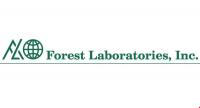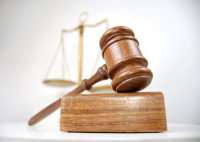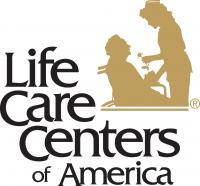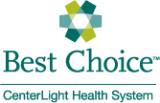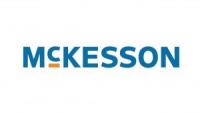
A settlement has been reached to resolve False Claims Act allegations against McKesson Corporation.
The allegations arose from a lawsuit that claimed McKesson Corporation violated the Controlled Substances Act (CSA).
According to the Department of Justice, allegedly McKesson failed to design and implement an effective system to detect and report “suspicious orders” for controlled substances distributed to its independent and small chain pharmacy customers – i.e., orders that are unusual in their frequency, size, or other patterns. From 2008 until 2013, McKesson supplied various U.S. pharmacies an increasing amount of oxycodone and hydrocodone pills, frequently misused products that are part of the current opioid epidemic.
For example, in Colorado, McKesson processed more than 1.6 million orders for controlled substances from June 2008 through May 2013, but reported just 16 orders as suspicious, all connected to one instance related to a recently terminated customer.
As part of the settlement, McKesson will have to suspend sales of controlled substances from distribution centers in Colorado, Ohio, Michigan and Florida for several years. The settlement also imposes new and enhanced compliance obligations on McKesson’s distribution system. Additionally, the government and McKesson agreed to enhanced compliance terms for the next five years. Also, McKesson has agreed to specific, rigorous staffing and organizational improvements; periodic auditing; and stipulated financial penalties for failing to adhere to the compliance terms and require to engage an independent monitor to assess compliance.





